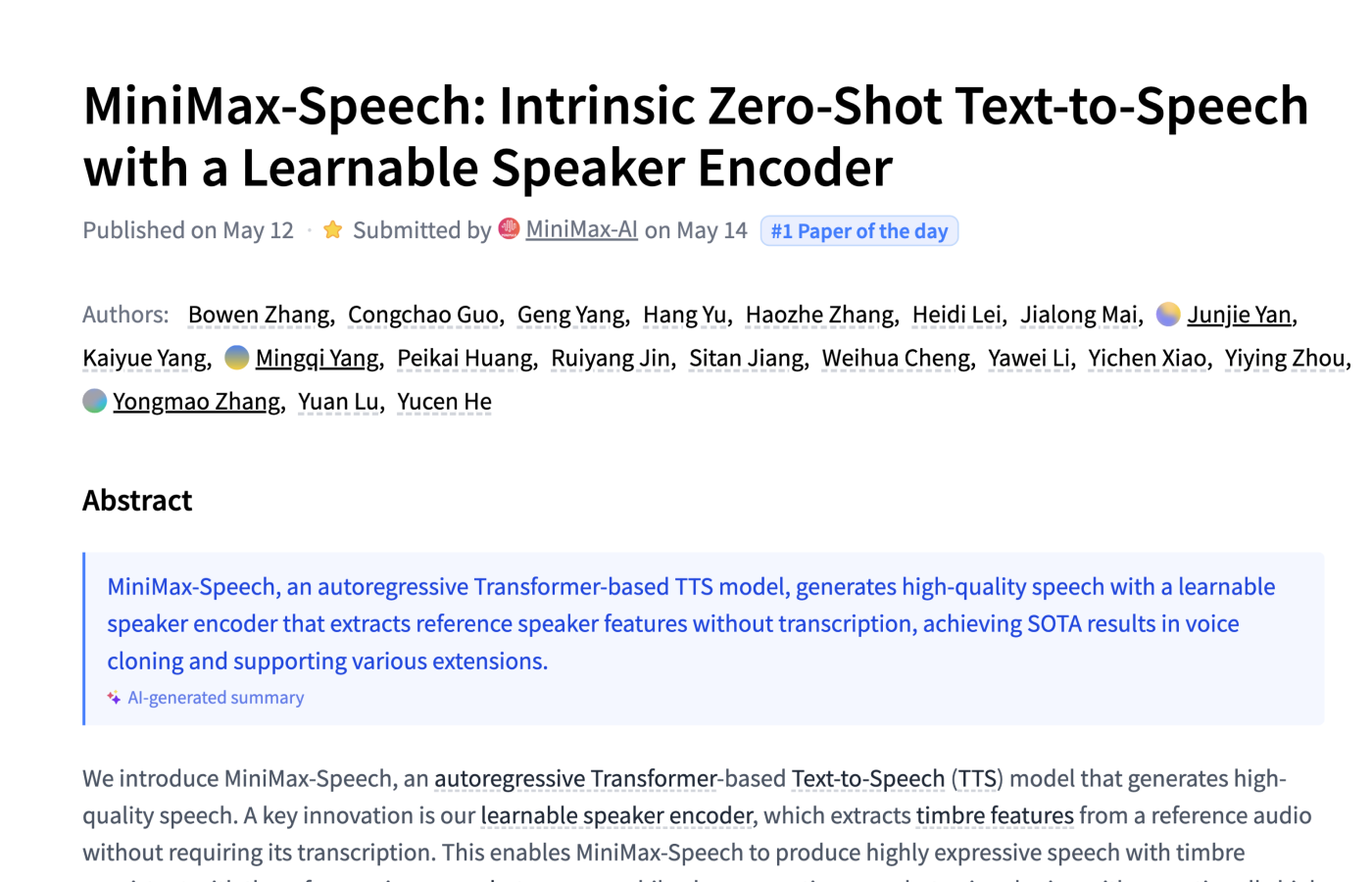Enterprise organizations now have access to a dedicated Inference Providers dashboard, offering full visibility into team usage across our serverless inference partners. Monitor API call volume over time, explore detailed breakdowns by team member, and track request counts and accrued costs. Accessible via organization settings.
Changelog
Keep track of latest changes on the Hugging Face Hub
Static Spaces support adding a custom build step before serving your static assets. This is useful for frontend frameworks like React, Svelte and Vue that require a build process before serving the application. The build command runs automatically when your Space is updated.
Three new templates also have been added for static spaces, taking advantage of this new feature: React, Svelte and Vue.
All new users and organizations will now be onboarded with Xet by default. This update follows the stable integration and growing adoption of Xet, as seen with models like Llama 4 and Qwen 3.
Currently, more than 25% of Hub traffic comes from Xet-enabled repositories, reflecting increased reliability and usage. Existing users and organizations can migrate their repositories to Xet here: hf.co/join/xet
Daily Papers now include an AI-generated one-sentence abstract summary (example) for each paper, providing a concise overview to help you quickly grasp the main idea. This new feature aims to make scanning, sorting, and staying up to date with the latest research easier. Explore more at hf.co/papers.
It's now possible to filter HF Spaces by MCP compatibility. Making it easier to discover and use Gradio MCP Spaces as tools, and to integrate them into your applications. Note: An MCP (Model Control Protocol) server provides a standardized way to expose tools so that they can be used by LLMs.




